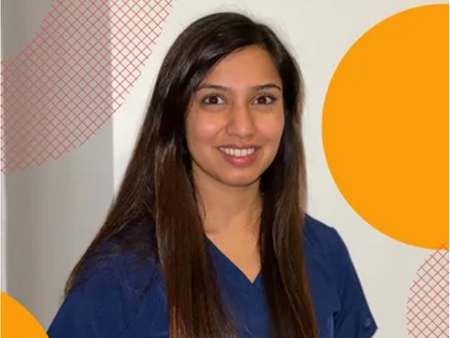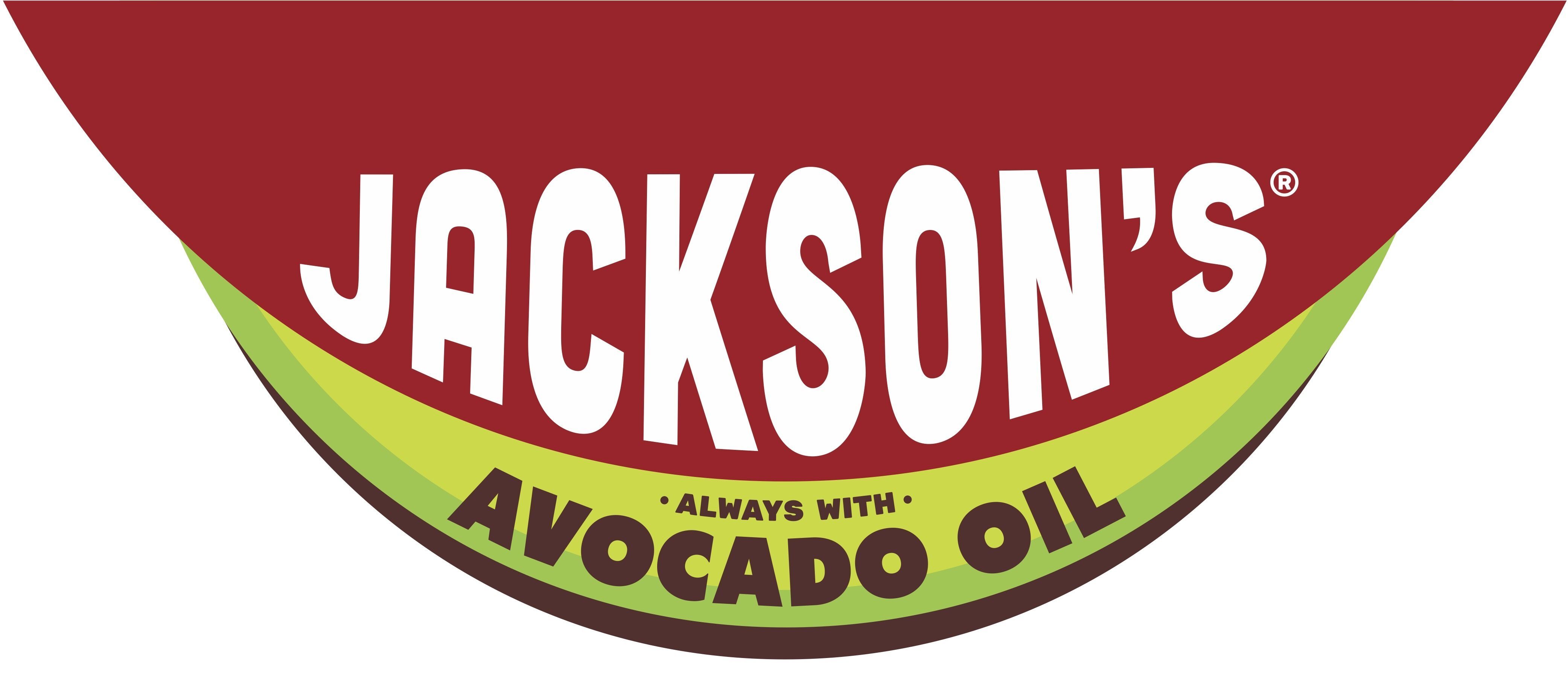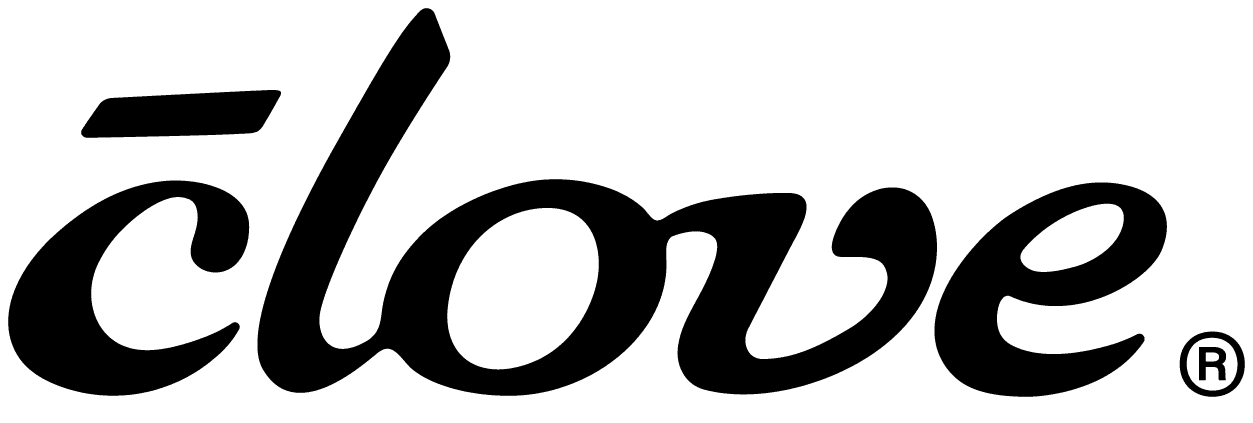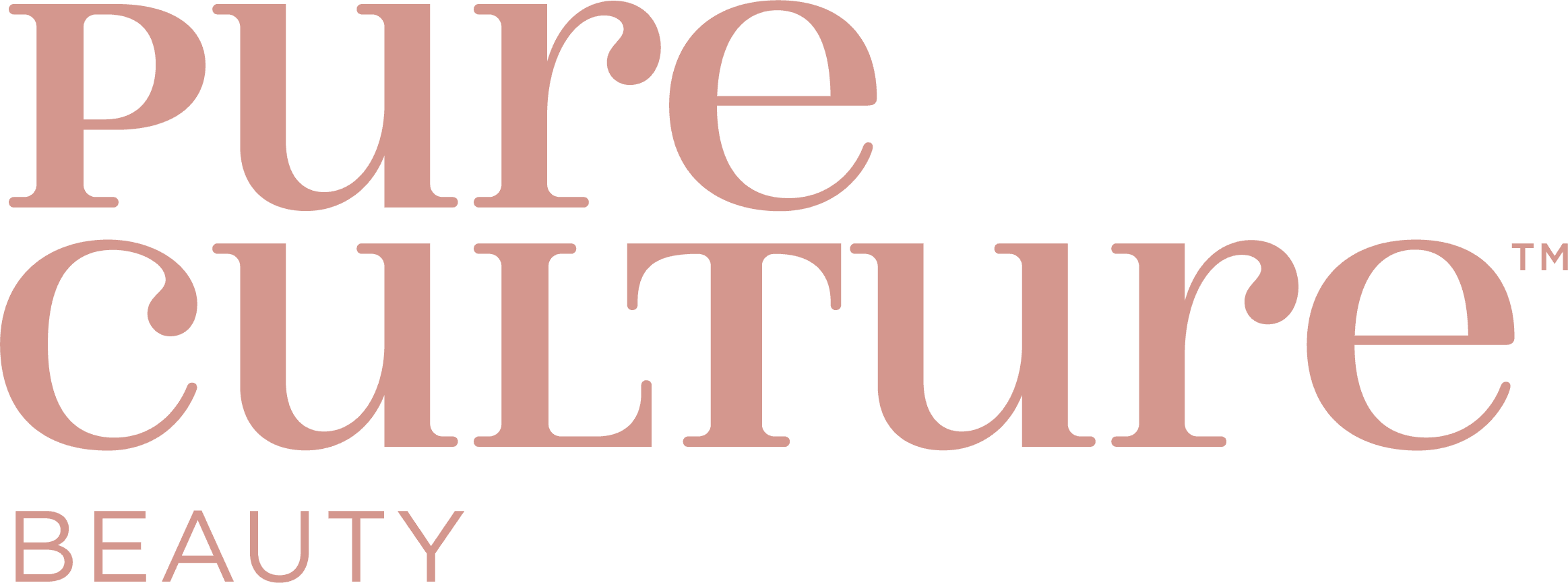Thank You to Our Heroes!

Mayuri Parmar, RN
Chicago, Illinois
Today we want to honor Mayuri Parmar, an RN in Chicago, Illinois.. Here is her story as interviewed by Molly Longman for Refinery29.
COVID-19 is nothing to mess with. From a distance, we’ve seen its brutality and force in the numbers. At least 135,000 have died, and more than two million people have been sickened. But to healthcare workers working with coronavirus patients, the severity of the illness plays out right in front of them on a daily basis. They don’t need to see the numbers to know how dire the pandemic is. They see it on the faces of their patients.
Mayuri Parmar, a registered nurse in Chicago, Illinois, has seen the effects of SARS-CoV-2 firsthand. She’s stepping in and helping coronavirus patients at a time when nurses are getting sick and dying, and cases in Parmar's city continue to grow.
Before coronavirus, the 26-year-old worked on elective surgical cases, helping patients recovering from spine, knee, or cosmetic surgeries. But with the pandemic straining the resources of hospitals and healthcare facilities, her team has been recruited to help out. Now she solely treats coronavirus patients.
We asked Parmar what that transition has been like, and how she’s looking after her mental health as the outbreak continues.
Refinery29: How has your job changed over the last month as COVID-19 cases in your city have increased?
Mayuri Parmar: "A lot of hospitals have been canceling elective procedures, including mine, so they turned our floor into a COVID unit. Now we serve patients who are either waiting on results for their COVID test, or who’ve tested positive. Previously, we were serving patients who didn’t have a ton of medical problems — they were just recovering from elective procedures. Now we’re seeing patients with serious respiratory problems. We’re not used to that.
"Since I’m on an inpatient floor, the people I’m taking care of have been admitted because they either require oxygen support or they have a past medical history that warrants keeping a close eye on them. Some are very sick, and some or only sort of sick.
"I’m not dealing with people who are on ventilators, but I’m keeping a really close eye on patients who might eventually need to be. We track their respiratory assessments closely, making sure their oxygen levels are within a normal range, and we watch them especially closely if they need increased oxygen."
Has what you wear changed?
"Protocol is constantly changing. The CDC was originally recommending we wear N95 masks, but they’ve changed the guidance to just regular surgical masks. Now we wear those masks, along with goggles and a gown. Some of us are even wearing hairnets as an extra level of protection. That’s not required though. Before all this, I’d just wear scrubs in most cases. We’re just trying to take every precaution we can to avoid being exposed to droplets people might spew when they cough or talk.
"It’s hard because the guidelines keep changing when it comes to what we should wear and what we can do. Some of the changes have to do with conserving PPE [protective equipment] in case there’s a big surge in patients. We haven't got to the point where masks weren’t available to us, but, before the pandemic, we never would have reused masks. But now we’re in conservation mode, and we’re keeping the same one on unless we have to take it off or it gets soiled because someone coughed on it or something. Basically, things are constantly shifting based on what’s available and what’s safe."
Has the way you interact with patients changed?
"It’s just a different way of doing your job. It’s a little less personal because we need to limit the amount of time we’re in the room with the patients. The hospitals want to protect us, and that means getting in and out quickly to limit exposure. That means we’re not building the relationships with the patients that we were before. I think it’s sad for the patients because there’s less interaction. Not to mention the fact that in most hospitals, they’re now limiting visitors. It’s understandable because it’s less potential exposure, but some of the patients are pretty scared of the unknowns, and it’s just a tough thing to go through."
Are you busier than you were before?
"Yes and no. The first big influx we saw a few weeks ago involved individuals who [were homeless], who were staying with us while they were waiting for their tests to come back. They were staying here so they wouldn’t spread it to other people. Some of them were in and out, depending on whether they were positive or not. The state is working on different options for them now.
"We’re seeing more people now than we were a few weeks ago. At first, our floor was half full, now we’re completely full every day. We’re also preparing for another big influx because they’re testing more and more people.
"With that said, they’re moving people in and out frequently. They wait on this floor for their coronavirus test results to come back, and, if they test negative, we take them off the floor. However, we’re not necessarily busier than we were pre-COVID-19 because we have smaller ratios. Normally it’s five patients to one nurse, but now it’s up to three patients per nurse. That’s because it takes longer to gown up, and it helps limit exposure for staff."
How are patients handling being admitted to the hospital during this time?
"It depends on the patient. Some people will come up to us and not realize they’re on a floor of COVID patients because the emergency staff doesn’t have time to explain it because they’re just really busy. Some will even come up not realizing they’re infected, and we explain it to them. I had one patient with a serious pre-existing condition, and he was pretty upset to be admitted to a floor full of COVID patients when he was already immunocompromised.
"On the other hand, some patients are so polite and have positive outlooks on the future — that inspires me to stay positive too. Some of their families and members of the community will donate food to us to thank us for coming in as essential workers. That’s really thoughtful, and it’s nice to not worry about what you’ll eat at work on top of everything else."
What are you most worried about as an essential worker?
"I think that a lot of what scared me in the beginning is you hear these stories about people who could be carriers and not know it. We’re working so closely with these patients, and my biggest fear was picking it up, being a carrier, taking it home with me accidentally, and spreading it to family.
"I live with my sister, and I think that she’s not too worried knowing I’m an essential worker because she’s around my age. She knew from the beginning that I was at a higher risk of exposure, and it’s become the norm for us at this point.
"I do understand why some are concerned though. I have coworkers who've moved out of their family’s place because they live with an older adult. Luckily, you can get housing through the hospital so you’re not putting family at risk if you need it.
"But I know that I just have to make sure I’m taking the necessary precautions so I can do everything I can to protect myself and others."
Has chatter in the break room or among your fellow staff members changed?
"Yes. I work with people who are genuinely great and positive, and they make my days go by a lot quicker. But right now, there’s definitely a tone of worry in the environment. Which is totally understandable. The coronavirus is definitely monopolizing a lot of our conversations, but we’re also trying to take a step away from it occasionally and talk about something else. Like how we’re staying sane during social distancing."
What are you doing to look after your mental health outside of work?
"I’m usually someone who likes to go to the gym, so it was an adjustment figuring out how to workout at home but now I have a routine. I try to workout once a day, and go on walks when the weather is nice. I’m into yoga, which is great — especially during stressful times like these. I also just finished Michelle Obama’s memoir Becoming. I’m trying to do things that will keep me positive and safe."
What are you looking forward to when this is all over?
"Something I’m looking forward to is spending time with family and friends. It's great that we live in a time where there’s so many options to do things virtually. I’ve had Zoom chats with my friends, but it’s not the same as being there with them in person."
What do you want the public to know right now?
"The coronavirus is something that can impact everyone — it’s not just older adults, which not everyone seems to realize. You just never know, so you should take every necessary precaution and do what officials are telling us to do. Socially distancing, and making sure you’re washing your hands frequently. If you make a trip to the grocery store, make sure you’re getting everything you need in one trip, and not going out multiple times a week."
What does a win look like for you right now?
"We have a patient who was on a ventilator at one point, and now he’s not. I think that’s a big win, especially because he was an older adult, It’s great to know firsthand that people are recovering and to see them getting better right in front of your eyes. That’s progress, and that’s important."
Thank you Mayuri for your commitment, dedication, and compassion for your patients and communities.
If you have a story and pictures of a front line nurse you would like us to highlight on our website and social media, please email them to us at info@helphopehonor.org.
OUR DONORS
-
 KFA DJ Ken Ito
KFA DJ Ken Ito













